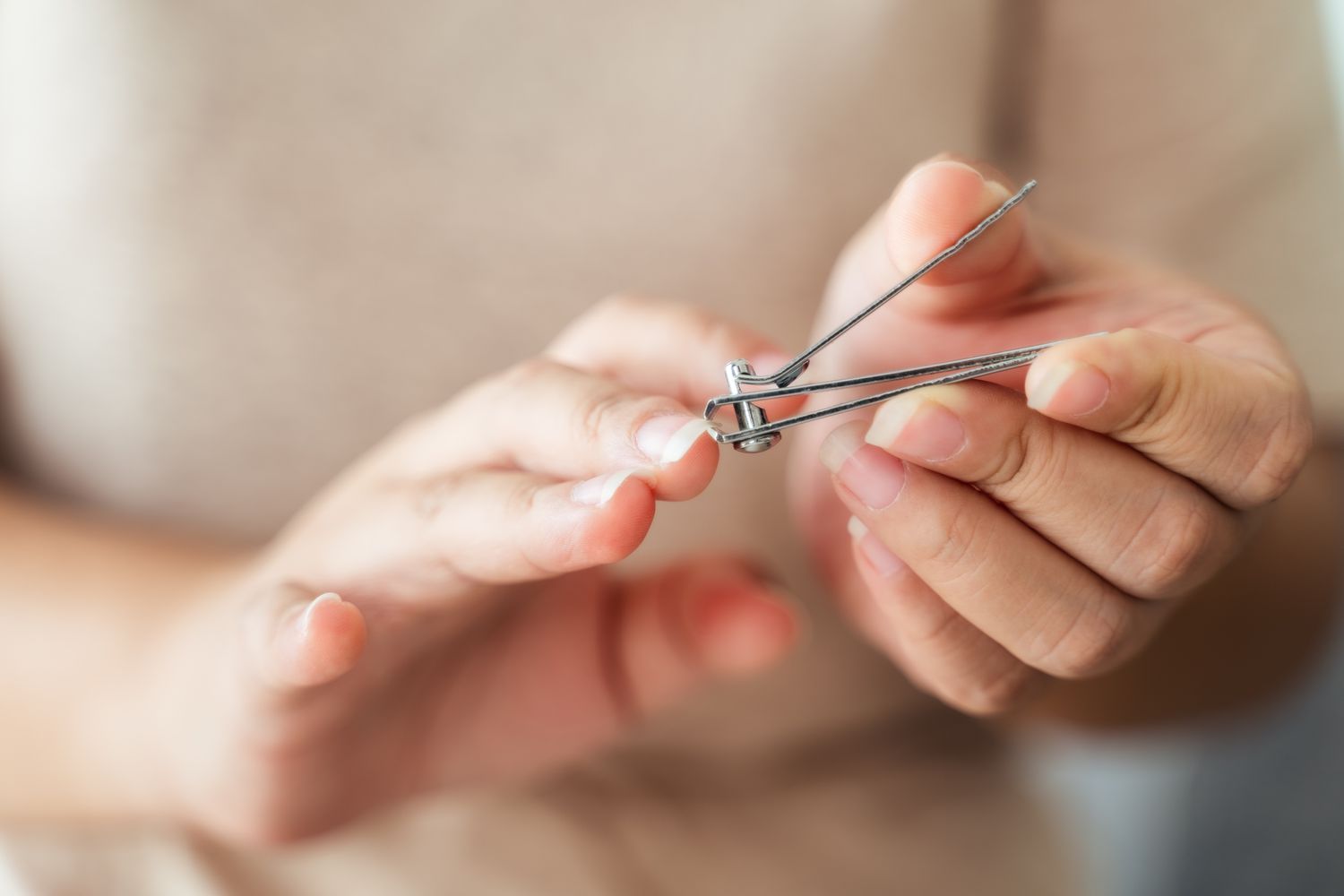Our generation has grown up hearing countless superstitions from parents and grandparents — many of which often sound unrealistic or outdated. Over time, people began to dismiss them as mere beliefs with no real purpose. But the truth is, several Indian superstitions actually carry scientific and logical explanations that connect deeply with our daily lives.
Chilli & Lemon Hanging at the Door
Many of us have seen a string of chillies and a lemon hanging at the entrance of our homes. Our grandparents often practiced this tradition, believing it could ward off negative energy and evil spirits.
However, there’s also a scientific explanation behind this custom. Both lemon and chillies are rich in natural acids that act as insect repellents. Back in the day, when chemical sprays or bottled repellents didn’t exist, our ancestors discovered this simple yet effective way to keep insects and pests away by hanging lemon and chillies outside the house.

Do Not Go Out during Solar Eclipse
One of the most well-known beliefs among Indians is to avoid going out during a solar eclipse. A solar eclipse occurs roughly once every 18 months, and many of us can recall our mothers warning us not to step outside during this time, insisting it could bring bad luck or cause misfortune. Pregnant women, in particular, were strongly advised to stay indoors.
Interestingly, there’s a scientific reason behind this practice. During a solar eclipse, the Sun’s ultraviolet rays are at their strongest, and direct exposure can be harmful to both the body and skin. This is why our ancestors discouraged people—especially expectant mothers—from going outdoors during an eclipse.

Do Not Go Out Fingernails or Hair during Nighttime
In almost every Indian household, there’s an age-old rule: never cut your fingernails or hair at night. Many of us grew up hearing our mothers scold us if we ever tried, warning that it would bring bad luck or misfortune.

But this belief has practical roots. In ancient times, there was no electricity, and people relied on oil lamps or candles for light. Cutting nails or hair in such dim lighting carried a high risk of injury. To prevent accidents, our ancestors advised against doing it at night—over time, this practical advice evolved into a superstition.

Do Not Sweep the House at Nighttime
Sweeping the house at night is another common belief in Indian households. It is often said that doing so will sweep away good fortune and luck, which is why mothers usually advise keeping sweeping chores to the daytime.
However, this practice also has a logical origin. In the olden days, before electricity, homes were dimly lit with oil lamps or candles. Sweeping at night could easily result in accidentally discarding small valuables like coins or ornaments along with the dust. To avoid such losses, people were encouraged to sweep only during daylight—eventually giving rise to the superstition.

Bath after Attending a Funeral
After attending a funeral, it is a common practice in Indian households to take a thorough bath before entering the home. In some families, this ritual is taken further by bathing with turmeric water, as it is believed to cleanse the body and ward off any evil spirits that might follow after a funeral.
From a scientific perspective, this practice has a practical explanation. A decomposing body carries a high amount of bacteria, and those who attend a funeral are likely to be exposed to it. In earlier times, when vaccinations and modern medicine were limited, the risk of contracting diseases from the deceased was even greater. Bathing after a funeral helped reduce this risk, while using turmeric—known for its strong antibacterial properties—added an extra layer of protection against harmful bacteria.

Before we dismiss these practices as mere superstitions, it’s important to understand why our parents and grandparents urged us to follow them. What may seem like blind belief often carries practical wisdom rooted in the realities of their time. With a closer look, we can see that many of these traditions were not just cultural habits, but thoughtful ways to protect and guide daily life.
Follow us on Instagram, Facebook or Telegram for more updates and breaking news.








